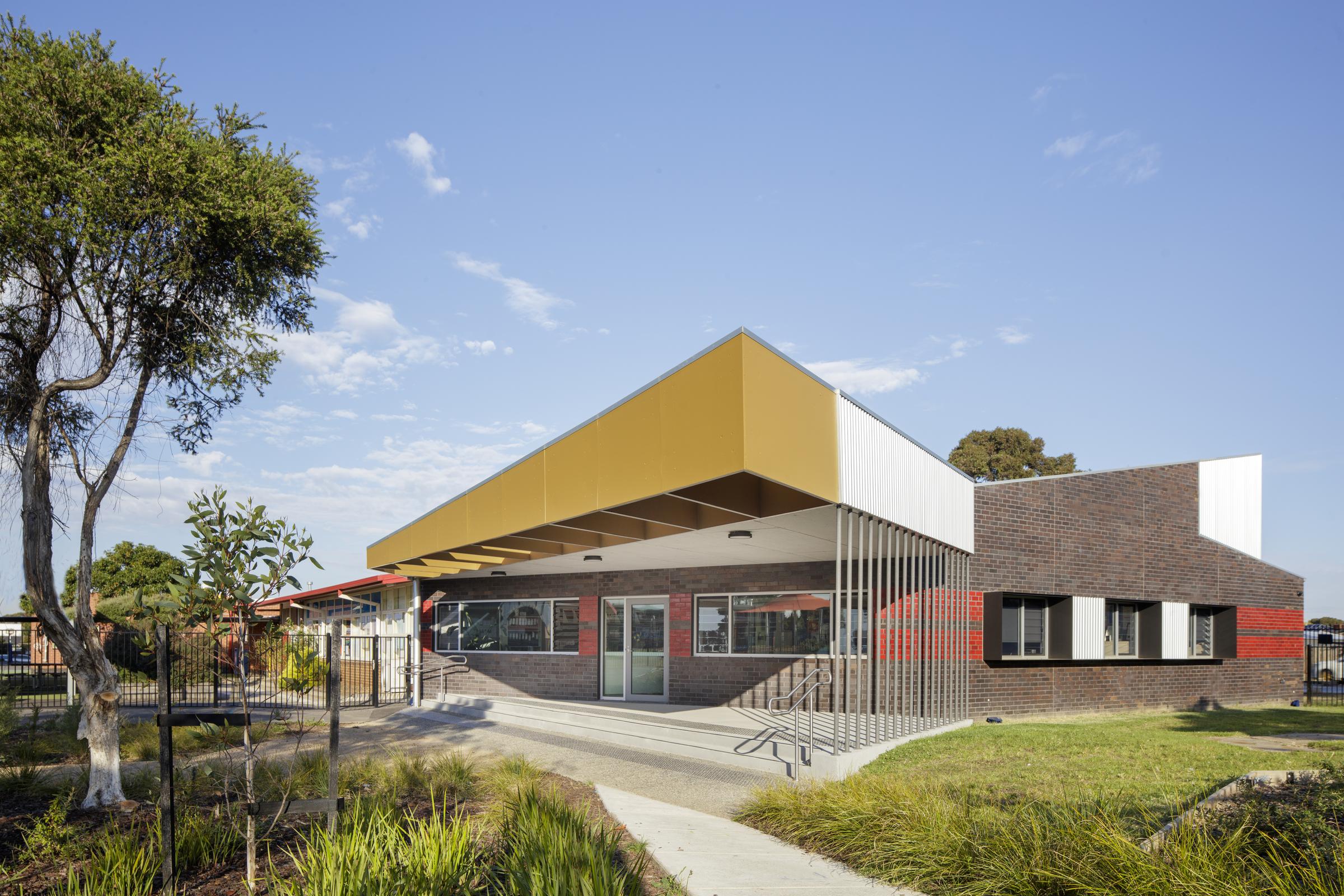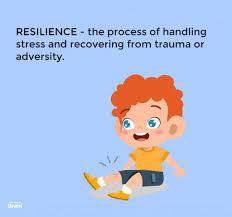Assistant Principal
Report

Assistant Principal
Report
Resilience: what is it?
Dear parents and carers,
The independence and resilience children have displayed as they farewell their parents at the gate, enter the building, hang up their bag and unpack their belongings has been wonderful to see. You can never love your children too much; but you can love them helplessly. That’s what happens when we deny kids the opportunity to become truly independent and self-sufficient. Deny self-sufficiency and you block a child’s resilience. Develop real independence and you open the pathway to resilience that will last a lifetime.
Children who are resilient can recover from setbacks and get back to living their lives more quickly. And when children overcome setbacks and problems, it builds their confidence and helps them feel more capable the next time a problem comes up.
Resilient children are often good at solving problems and learning new skills. This is because they’re more willing to try again even if things don’t go the way they want the first time.
And when things don’t go well and children feel anxious, sad, disappointed, afraid or frustrated, resilience helps them understand that these uncomfortable emotions usually don’t last forever. They can experience these emotions and know they’ll be OK before too long.
Resilient children are less likely to avoid problems or deal with them in unhealthy ways, like getting defensive or aggressive or intentionally hurting themselves. Resilient children are also likely to have better physical and mental health than children who struggle to be resilient.
Relationships are the foundation of your child’s resilience. Your child’s most important relationships are with you and their other main caregivers. Strong relationships with you and other carers helps your child feel loved, safe and secure. This sense of safety and security gives your child the confidence to explore their world and to recover from any setbacks they experience.
Children learn resilience through experience. Each time your child overcomes a problem, it builds their confidence in their ability to handle the next challenge.
Here are some ways you can build your child’s resilience:


Children develop resilience over time, so try to be patient and supportive while your child works out how to respond to challenges. You might want to make everything all right for your child, but sometimes your child has to go through uncomfortable feelings so they can work things out for themselves.
Acknowledgement - https://raisingchildren.net.au and Michael Grose https://www.parentingideas.com.au
Kind regards
Jennifer O’Connor
Assistant Principal

